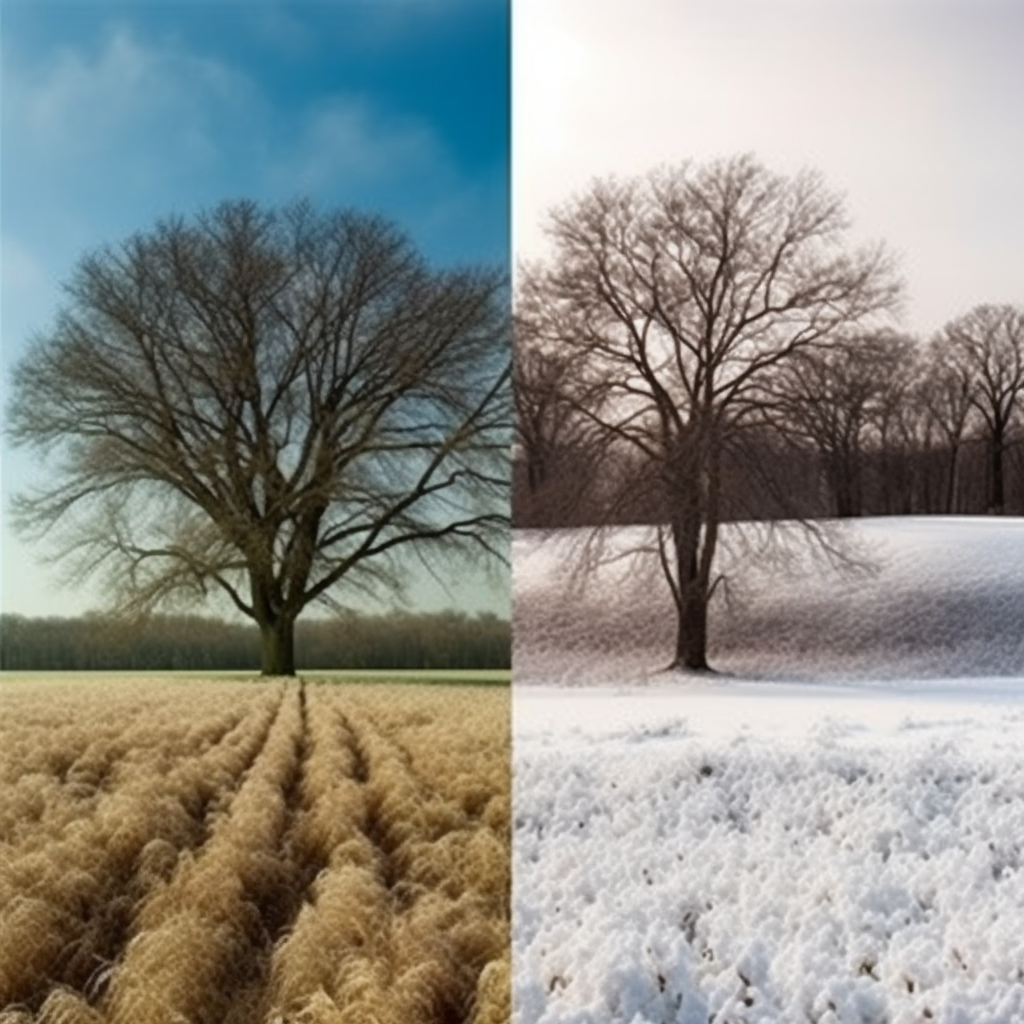March 7, 2024
Midwest’s Changing Climate – A Transplant’s Winter Insights
Book a Demo
Sean McGuire, a transplant to the Midwest, has noted significant changes in the region’s climate over the last 12 years. Having moved from California and New Orleans in search of a more climate-resilient area, McGuire settled in Humboldt Park. He has since observed a shift in winter weather patterns, with winters becoming shorter yet occasionally more severe.
Chicago’s meteorological winter is a prime example of the effects of climate change. Increasingly, the city experiences temperatures forecasted to hit the mid-70s, a radical change from the typically chilly winters. The average snowfall has plummeted by over 50%, and ice coverage in the Great Lakes has been minimal, another stark reminder of the changing climate.
This observation is echoed by Trent Ford, a state climatologist. Ford confirmed that all seasons are experiencing warming due to human-induced climate change, with winter temperatures rising at an accelerated pace.
While warmer winters may seem like a boon for some sectors, such as the shipping industry, they bring significant ecological concerns. The increase in temperature encourages the presence of non-native species, elevates the risk of tick-borne diseases, and exacerbates coastal erosion and flooding issues due to diminished ice coverage on the Great Lakes.
The Midwest and Ohio Valley regions recently experienced extreme weather with overnight tornado warnings followed by several potential tornado investigations. Wind advisories were issued for large parts of these areas on Wednesday morning. The National Weather Service warned about potential wind speeds of up to 45 mph in parts of Michigan and up to 50 mph in Cleveland and northeastern parts of Ohio. These winds also carried the possibility of pea-sized hail.
As this winter storm moved eastward, Maryland, Virginia, and Washington braced for strong wind gusts on Wednesday afternoon. Baltimore specifically anticipated wind gusts of up to 55 mph into the evening. These drastic shifts in weather patterns serve as further evidence of the ongoing impact of climate change in the Midwest and across the country.
Science4Data is committed to cut through greenwashing and measure real impact. Join the journey to a sustainable future. Your actions matter.



